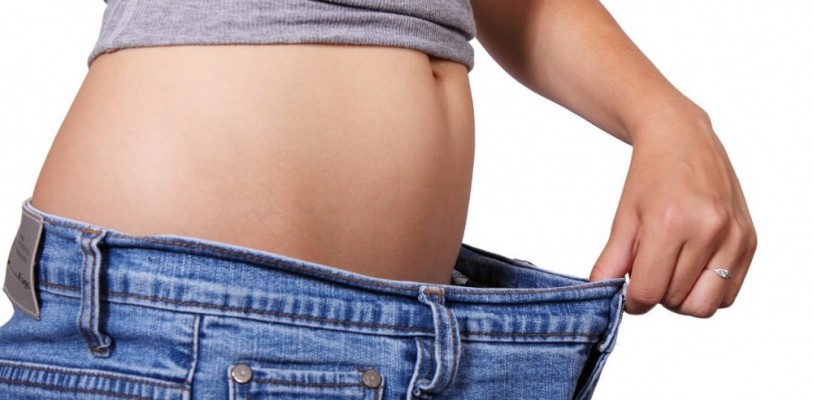
As you might imagine, there really isn’t a simple answer to this question.
In general, there is research to back up the claim that green tea for weight loss can work, but it might depend on your daily intake of caffeine. More on that later.
Studies show that people who regularly drink green tea for long periods of time, such as more than 10 years, have lower body fat than people who don’t drink green tea.
There are four main catechins in green tea. The most potent and most studied of the catechins is EGCG.
Experiments have shown that EGCG together with caffeine can lower body weight and body fat by reducing food intake, lipid absorption, triglycerides, cholesterol, and leptin levels.
An effective dose really depends on your body type and daily caffeine intake.
Research at a university in Switzerland in 1999 found participants lost body weight when taking 270 mg – 1200 mg of catechins per day over a 3-month period.
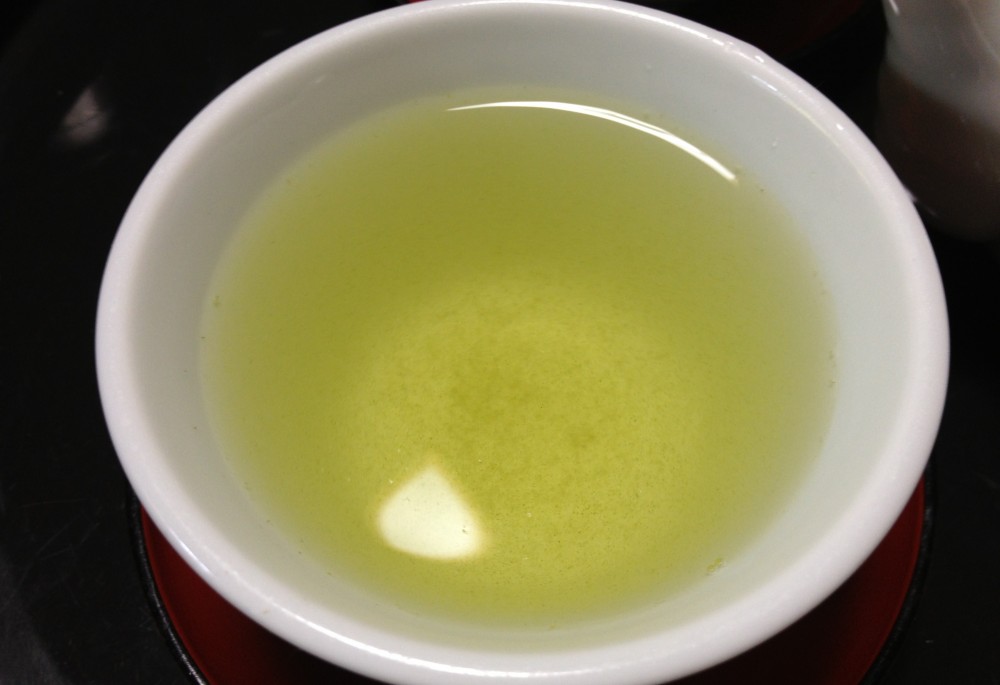 Cup of Japanese Green Tea
Cup of Japanese Green Tea
Surprisingly, your daily consumption of caffeine can greatly influence the effects green tea has on your body!
When you are first trying weight loss using green tea, a diet with caffeine doesn’t seem to hurt. But studies show that over time your body becomes used to the caffeine and it can actually block the positive effects of the green tea.
In a study in the Netherlands in 2004, 104 men and women went on a diet for one month. Then they were either given a green tea extract (573 mg catechins and 104 mg caffeine daily) or a placebo for three months to test for weight management.
The results didn’t show any difference between the two groups, but there was a difference between the high caffeine consumers and low caffeine consumers. The high caffeine consumers regained more weight, and the low caffeine consumers were able to better maintain their weight.
They tried another study in 2005 with 76 participants to test caffeine intake and green tea. Again, they went on a diet for one month, and then were given a green tea extract (270 mg EGCG and 150 mg caffeine) or placebo for three months.
The researchers found that participants with a regular high caffeine intake (around 158 mg a day) were better at losing weight in the first month, but couldn’t keep it off during the next three months.
On the other hand, the participants with a regular low caffeine intake (around 87 mg a day) didn’t lose as much weight in the first month, but were able to keep the weight off in the following three months and even continued to lose weight!
The study in Switzerland regulated the intake of caffeine of its participants. They had to stop consuming caffeine 24 hours before the experiment and continue until it was finished. The positive results were also contributed to the fact that all of the participants were low caffeine drinkers (100-200 mg per day).
You’re probably thinking it sounds like it’s just the caffeine at work. Research shows that it is in fact the combination of the caffeine with the green tea catechins.
Multiple studies have shown that green tea has thermogenic properties (increases metabolism) and promotes fat oxidation greater than just caffeine.
Lower your daily intake of caffeine and try integrating green tea into your diet. And remember, there is not one definite cure-all. Drinking green tea for weight loss alone is not going to automatically shed the pounds. It’s important to have a healthy lifestyle with exercise and plenty of fruits and vegetables.
Cabrera, C., Artacho, R., & Giménez, R. (2006). Beneficial effects of green tea – A review.Journal of the American College of Nutrition, 25(2), 79-99.
Dulloo, A., Duret, C., Rohrer, D., Girardier, L., Mensi, N., Fathi, M., & Vandermander, J. (1999). Efficacy of a green tea extract rich in catechin polyphenols and caffeine in increasing 24-h energy expenditure and fat oxidation in humans. American Journal Of Clinical Nutrition, 70(6), 1040-1045.
Hursel, R. R., Viechtbauer, W. W., & Westerterp-Plantenga, M. S. (2009). The effects of green tea on weight loss and weight maintenance: A meta-analysis. International Journal Of Obesity, 33(9), 956-961.
Jamieson, M., & McKinley, H. (2009). Handbook of Green Tea and Health Research. New York: Nova Science Publishers.
Kovacs, E., Lejeune, P., Nijs, I., & Westerterp-Plantenga, M. (2004). Effects of green tea on weight maintenance after body-weight loss. British Journal Of Nutrition, 91(3), 431-437.
Westerterp-Plantenga, M. S., Lejeune, M. M., & Kovacs, E. R. (2005). Body weight loss and weight maintenance in relation to habitual caffeine intake and green tea supplementation. Obesity Research, 13(7), 1195-1204.
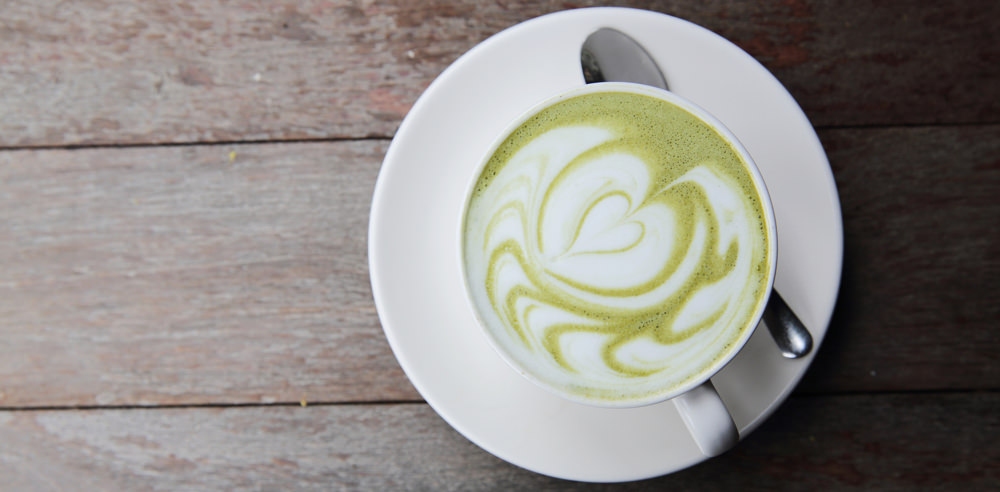
Are you drinking green tea with milk? If so, you might not be getting all the health benefits. That green tea latte may not be as healthy as you think.
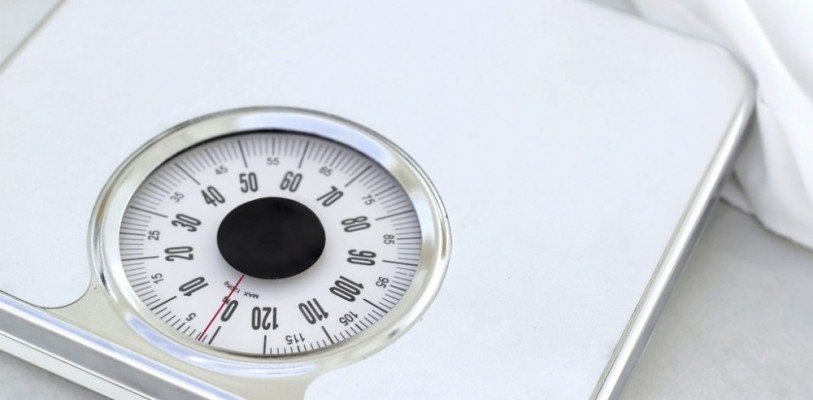
Lose weight with green tea! Find out how green tea diets work and how to follow a safe, healthy diet.
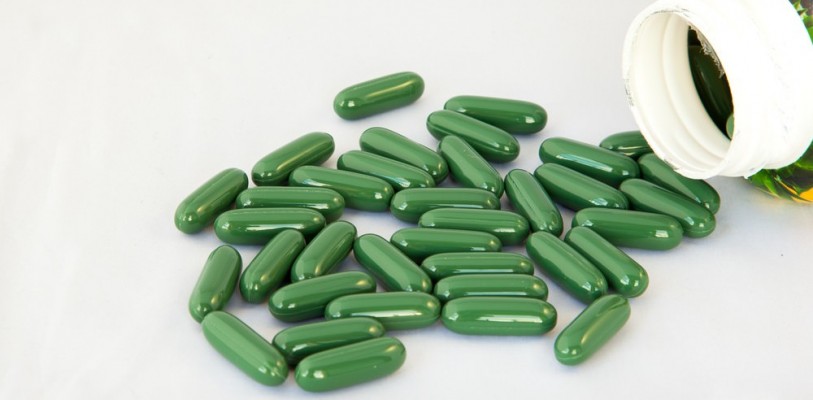
Worried about the safety of Applied Nutrition’s Green Tea Fat Burner? A look at these case studies and the ingredient list may surprise you.